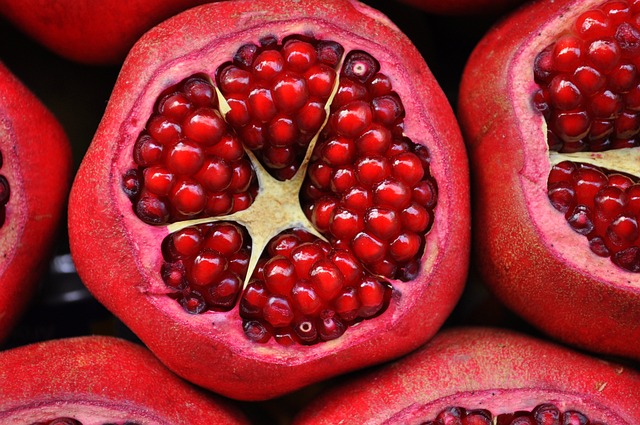Probiotics, the live microorganisms that can improve our digestive health and boost the immune system, are becoming increasingly popular. They can be found in many different forms, including supplements and fermented foods.
What are Fermented Foods?
Fermented foods are foods that have undergone a process called lacto-fermentation. This process involves the use of beneficial bacteria to convert sugars and starches in the food into lactic acid. The lactic acid not only preserves the food but also gives it a sour or tangy taste. Examples of fermented foods include kimchi, sauerkraut, kefir, yogurt, and kombucha.
The Benefits of Fermented Foods
Fermented foods have been around for centuries, and people have been eating them for their health benefits ever since. Here are some of the primary benefits of consuming fermented foods:
Probiotics
Fermented foods are an excellent source of probiotics. Probiotics are living bacteria and yeasts that live in our gut and are essential for maintaining a healthy digestive system. The probiotics found in fermented foods help to keep our gut microbiome in balance, which can improve our digestive health, boost our immune system, and even improve our mood.
Vitamins and Minerals
Fermented foods are also a rich source of vitamins and minerals. The fermentation process increases the bioavailability of the nutrients in the food, making them easier for our bodies to absorb and use. For example, fermented dairy products like kefir and yogurt are excellent sources of calcium, vitamin K2, and B vitamins.
Better Digestion
The probiotics found in fermented foods help to break down the food we eat, making it easier to digest. They also help to balance the pH levels in our gut, which can reduce inflammation and improve the absorption of nutrients.
Why Fermented Foods are Essential for Increasing Probiotic Intake
While probiotic supplements are undoubtedly convenient, they are costly, and the probiotic strains in them may not be as diverse as those found in fermented foods. Additionally, the probiotics found in supplements are not as alive as the ones found in fermented foods since they are often freeze-dried or heat-treated.
Fermented foods, on the other hand, contain live and active probiotics, which can be more effective in supporting our digestive health. They also offer a wide range of beneficial bacteria strains, which can help to diversify our gut microbiome and keep it healthy.
How to Incorporate Fermented Foods into Your Diet
Adding fermented foods to your diet is easy and delicious. Here are some ideas to get you started:
Kimchi
Kimchi is a traditional Korean side dish made from fermented vegetables, including cabbage, radish, and onions. It has a tangy and spicy taste and can be eaten on its own or used as a garnish for dishes like rice bowls, tacos, and burgers.
Sauerkraut
Sauerkraut is a classic German fermented food made from shredded cabbage and salt. Like kimchi, it has a tangy flavor and can be used as a condiment or eaten on its own.
Kefir
Kefir is a fermented drink made from milk or water kefir grains. It has a tangy taste and is an excellent source of probiotics.
Yogurt
Yogurt is a popular fermented dairy product that is rich in probiotics. It can be eaten on its own or used as an ingredient in smoothies, dips, and sauces.
Kombucha
Kombucha is a fermented tea that is fizzy and slightly sour. It is made using a symbiotic culture of bacteria and yeast (SCOBY) and can be flavored with fruits, spices, or herbs.
Conclusion
Fermented foods are a delicious and easy way to increase your probiotic intake and improve your digestive health. You can easily incorporate them into your diet by trying different types of fermented foods and adding them to your favorite dishes. With their numerous health benefits and delicious taste, fermented foods are a must-try for anyone looking to improve their gut health.







